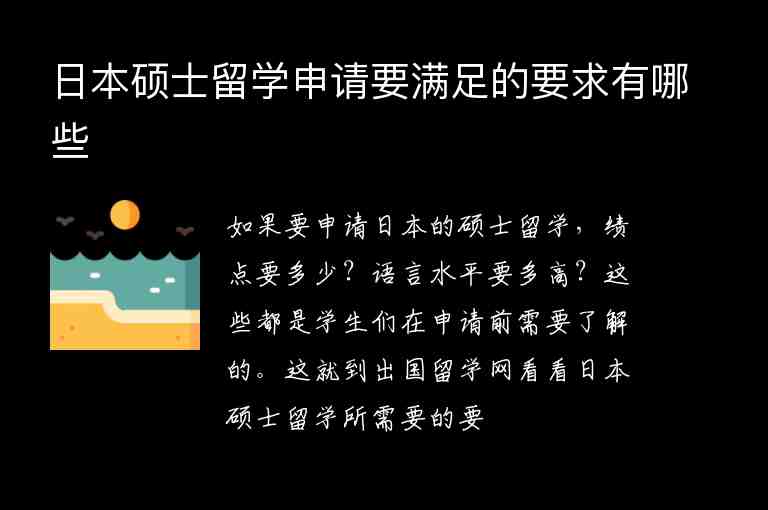权威性是指某种信息或知识具有可信度和可靠性,能够被公众广泛接受并作为参考依据的特性。在词典中,权威性通常指某个词条所提供的释义、用法、例句等内容是否具有权威性,能否被语言学界和大众所认可。
How to pronounce: /ˌɔːθɔˈrɪtɪ/
用法
权威性一般用作名词,表示某种信息或知识的可信度和可靠性。在英文中,也可以形容词形式authority来表示同样的意思。
例句
1. The article was written by an expert in the field, so it has a lot of authority.
这篇文章是由该领域的专家撰写的,因此具有很高的权威性。
2. The dictionary is considered the authority on English words and their meanings.
这本词典被认为是英语单词及其含义方面的权威。
3. As a professor, she has a lot of authority in her area of study.
作为一名教授,她在自己研究领域具有很高的权威。
4. The government's official statement carries a lot of authority and should be taken seriously.
声明具有很高的权威性,应该被认真对待。
5. The court's decision is the final authority on this matter.
的判决是这件事情的最终权威。
同义词及用法
1. Credibility (可信度):指某种信息或知识被认为是可信的,具有可靠性。
2. Reliability (可靠性):指某种信息或知识能够被依赖和信任。
3. Authenticity (真实性):指某种信息或知识是真实的,没有经过或篡改。
4. Validity (有效性):指某种信息或知识具有正确性和合理性。
5. Expertise (专业知识):指某人在特定领域拥有的专业知识和经验。
编辑总结
权威性是指某种信息或知识具有可信度和可靠性,能够被公众广泛接受并作为参考依据的特性。在使用权威性时,需要注意其所涉及的领域和受众群体,以确定其是否具有普遍适用性。同时,在撰写释义、例句等内容时,也需要确保所提供的信息来源准确可靠,以保证其具有权威性。
